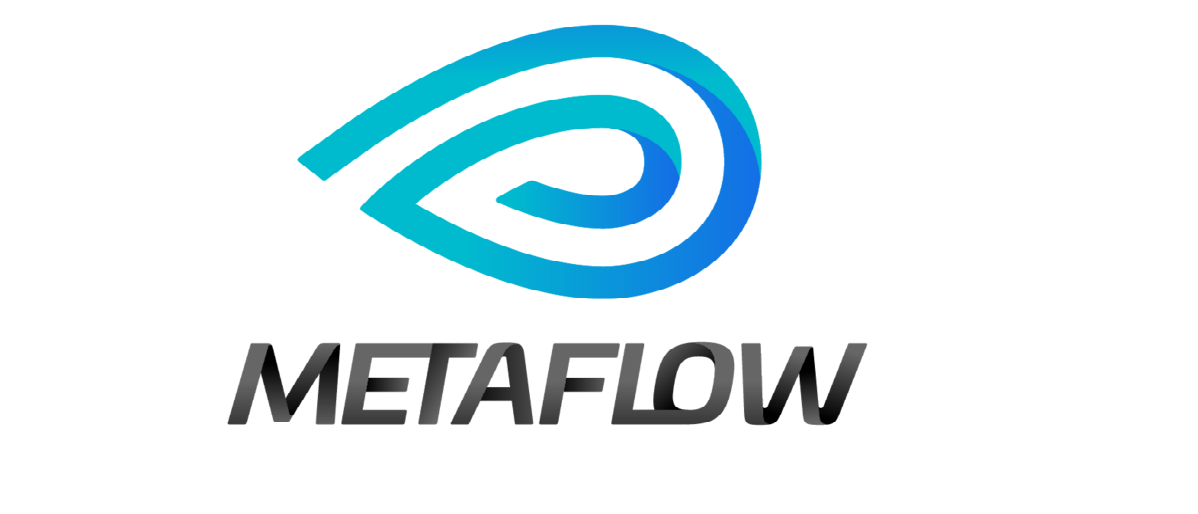
Metaflow is a Netflix framework written in Python that was designed to facilitate the execution of machine learning projects from that are formed as a prototype to production. This tool is intended to help data specialists implement faster machine learning models for production.
Netflix has used Metaflow internally for the past two years to create and manage hundreds of data science projects from natural language processing to operations research. To help scientists with data from all companies, Netflix's data science team has opened their Metaflow library, according to a blog post the team released last Tuesday.
meta flow it is a key part of the "human-centric" machine learning infrastructure that the data science team uses to build and implement workflows as part of their business.
Netflix uses machine learning in all aspects of its businessfrom scenario analysis to optimization of production schedules, churn forecasting, pricing, translation and optimization.
Metaflow is a native cloud framework, that leverages the design elasticity of the cloud for both compute and storage. AND Netflix, which has been one of the largest users of Amazon Web Services (AWS) for many years, has accumulated a lot of operating experience and knowledge of cloud computing, especially AWS. Unsurprisingly, as part of the open source framework, the company partnered with AWS to seamlessly integrate Metaflow with the various AWS services.
Metaflow integrates with many AWS services, including the ability to preview all code and data in Amazon S3, that Netflix uses as its "data lake." As a result, the company has a complete solution for managing versions and tracking experiments without user intervention. This capability should help users rapidly scale models using AWS storage, compute, and machine learning services.

Additionally, Metaflow comes with a high-performance S3 client that can upload data at up to 10 Gbps. According to Netflix, "This client has been hugely popular with our users, who can now load data into their workflows an order of magnitude faster than before, allowing for faster iteration cycles."
According to the blog post, Netflix says it started from a key observation to lead to the implementation of its framework. In fact, according to the company, most of its data specialists had nothing against writing Python code.
What they wanted was to be able to preserve the freedom to use arbitrary and idiomatic code to express their business logic. These data scientists like to express business logic through Python code, but they don't want to waste your time.
“However, they don't want to spend too much time thinking about object hierarchies, packaging issues, or handling obscure APIs unrelated to their work. The infrastructure should allow them to exercise their freedom as data specialists, but it should provide enough guardrails and scaffolding so that they don't have to worry too much about software architecture, 'reads the Netflix blog post.
From this observation, the idea behind Metaflow is to give Netflix data specialists the opportunity to see early on if a prototype model will fail in production, which would allow them to solve any problems and ideally, accelerate the deployment.
Data specialists can structure their workflow in the form of a directed acyclic graph (DAG) of steps. The steps can be arbitrary Python code. In this hypothetical example, the transmission runs two versions of a model in parallel and chooses the one that scores the highest.
According to the Netflix data science team, there are many existing frameworks, such as Apache Airflow or Luigi, that allow the execution of DAGs made up of arbitrary Python code, with the difference that they have been included lots of details on Metaflow.